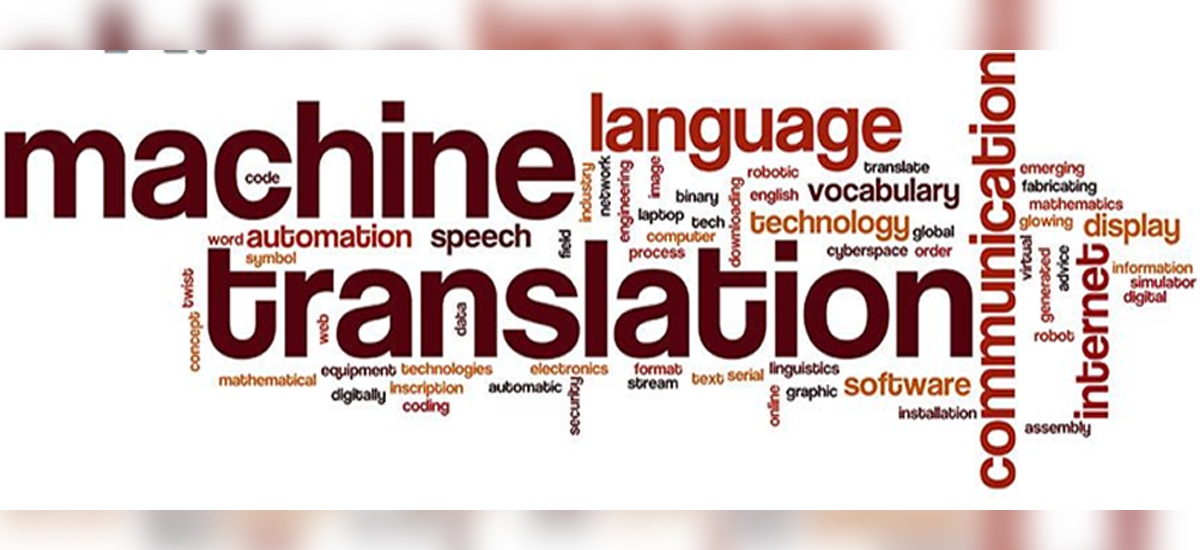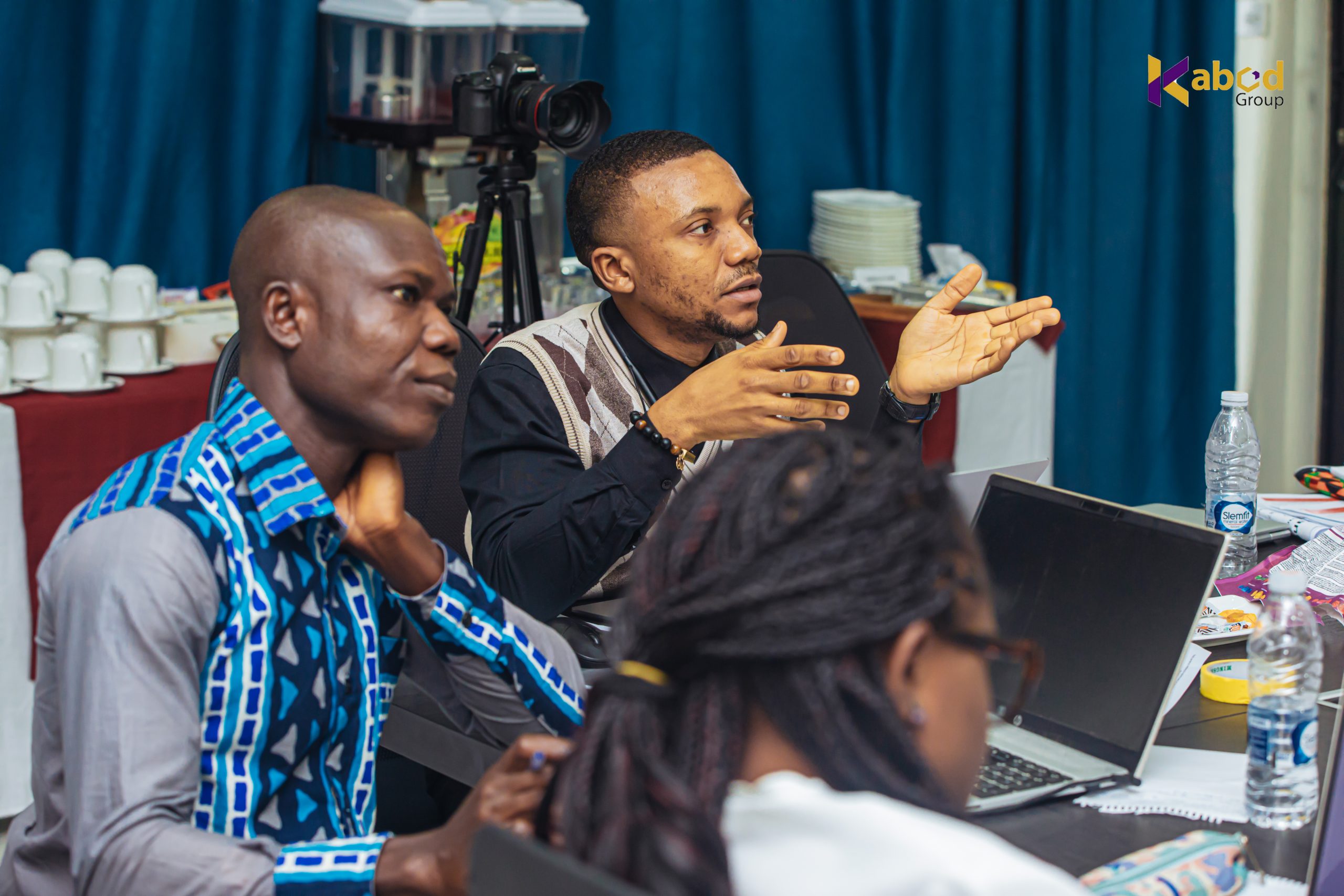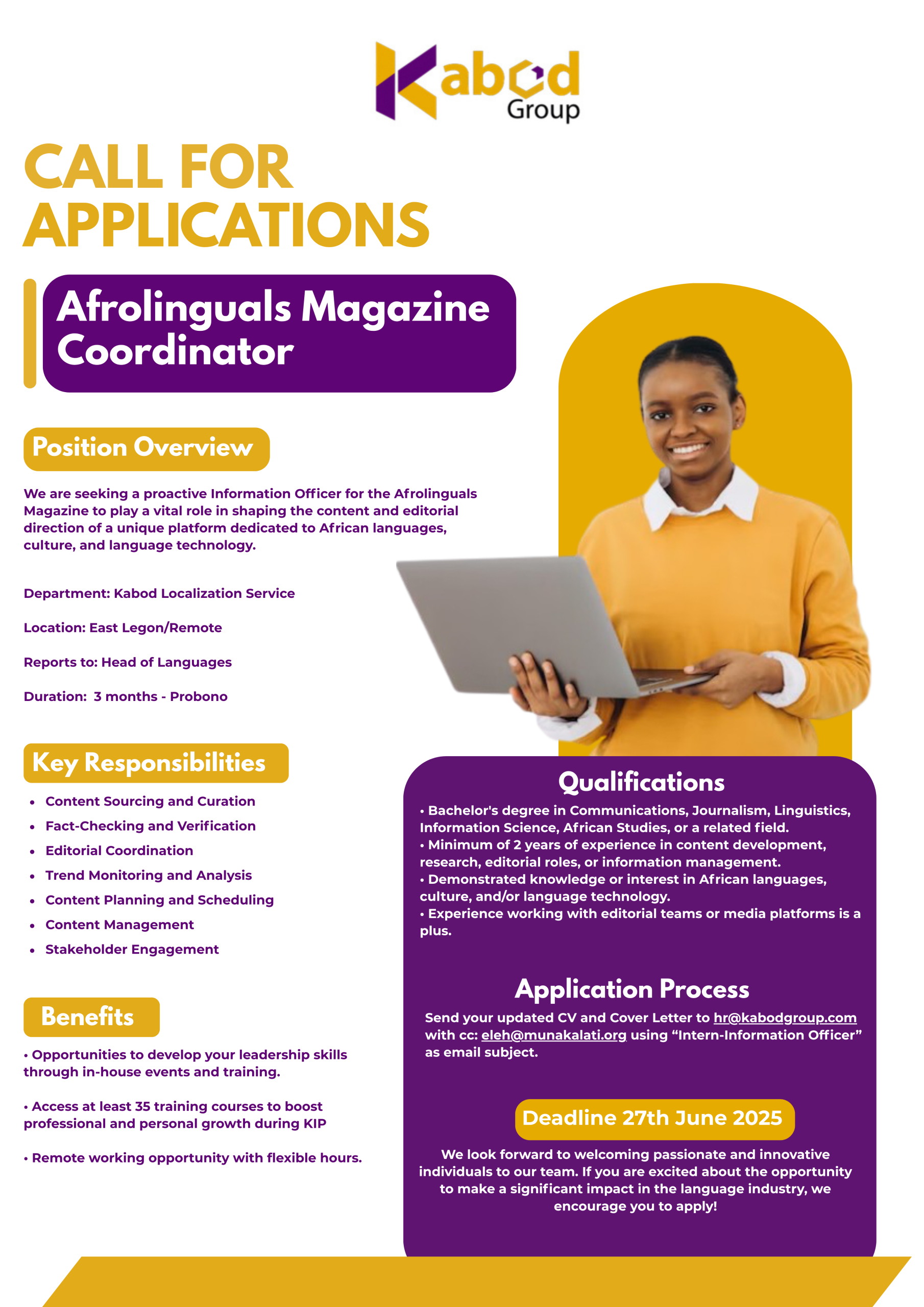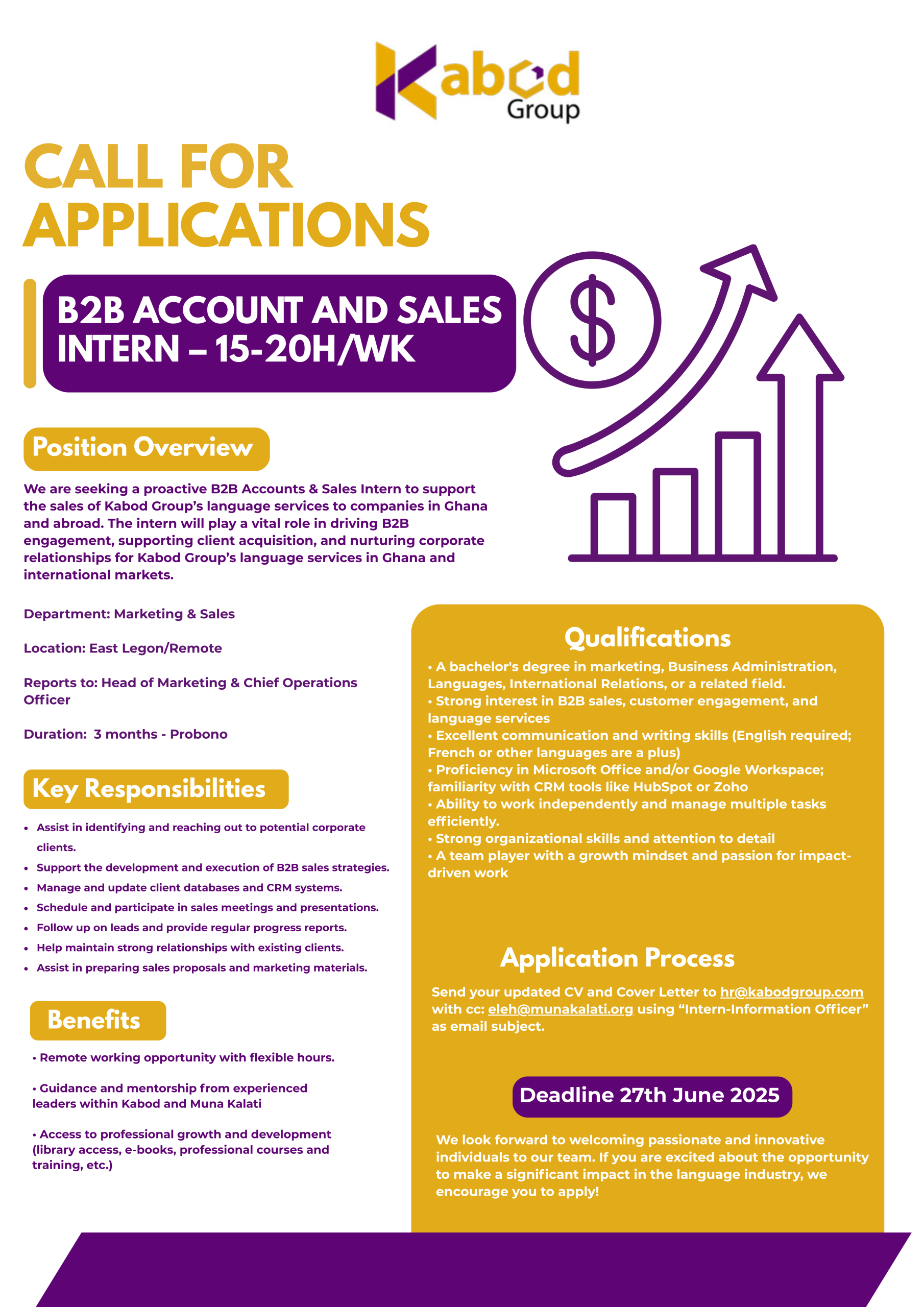Machine Translation (MT) is a computational linguistics and language engineering technique that uses software to translate text/speech from one language to another. This occurs by feeding a text to a computer algorithm that translates it automatically into another language. There is no human intervention in the translation process.
The machine does the translation by simply substituting words from one language into another. Examples of MT softwares are Google Translate, Microsoft Translate, DeepL, Reverso, Systran, Quillbot, etc. However, few of these MT software, focus on African languages.
The low-resourcefulness[1] nature of African languages is purported to be a reason why just a small percentage of African languages are featured in existing machine translation softwares. This, however, does not mean there is no machine translation software dedicated to African languages.
The purpose of this article is to share the functionalities and benefits of a mind-blowing MT Software developed by a Nigerian tech-savvy called Emmanuel Gabriel, founder of OBTranslate.
OBTranslate, increasing the visibility of African languages while creating jobs.

[1] Low-resource languages are languages that have relatively less data available for training conversational AI systems.
OBTranslate is a deep learning company that develops online CAT (Computer Assisted Translation) tools, neural machine translation (NMT), and artificial intelligence platforms for African languages. OB Translate aims to translate over 2000 African languages. It has behind it a huge database, with more than 789 trillion dataset repositories, and uses neural networks to continue learning.
According to Emmanuel Gabriel, “Our scientists are working hard to ensure that when people present training materials in African languages, they don’t necessarily tell the machines what to look for. The system should find patterns themselves, such as contextual clues around the source sentence”.
Further, he added “Since its first inception during Spring of 2019, OBTranslate has evolved and been repurposed several times. This has led to the development of version 1.1.1 in the summer of 2020 and the growth of its functionality to the point where it is now in its latest version (1.9.6).”
OBTranslate version 2.0 will come with big changes, starting with the architecture, components, and “neural models” we built, that understand many African and foreign languages on our “universal free text and speech translator”.
Apart from the above functions, OBTranslate was created to provide jobs for African language professionals, who can work as freelance translators on the platform. Gabriel explains that “We created OBTranslate with an innovative business model to guarantee that the tool is sustainable to pay everyone whose translations are very accurate.”
Affiliate marketers are also welcome on the platform, able to earn a 20% commission anytime a downline pays for any OBTranslate service.
“We created OBTranslate with an innovative business model to guarantee that the tool is sustainable to pay everyone whose translations are very accurate. In the next five years, we hope to acquire thousands or millions of users to take up translation tasks on OBTranslate.” – Emmanuel Gabriel.
You might also like to read on :
● Developing and using African indigenous languages in the digital age
● 5 Technological Solutions enhancing the access and use of African languages
The need of adopting, using and promoting African Solutions

OB Translate is an example of what we call “Afrolutions”, African innovative solutions to African problems. And I cannot agree more with Dr Kwame Nkrumah, who reiterated and demonstrated that African issues can be solved by Africans with African solutions. African linguistic challenges can better be solved with African solutions by Africans.
Thus, the African Union should and must support such initiatives[1] engaged in the preservation and promotion of African languages. The more we adopt and use this MT software, the more we make it better as the machine learns from our inputs.
As African language professionals, I believe it deserves our full adoption and support to become the most reliable MT software for African languages. The benefits of using a Computer Assisted Translation tools can not be overemphasized and having a software that focuses on African languages is a revolutionary attempt to promote and preserve African languages. I will undoubtedly use it to ease my work at Kabod Group as an African language translator as I provide language services into or from African languages (Ewe and Twi); and to numerous African language translators this software is worth using. It is about time we take the continent’s fate into our own hands to build the “Africa We Want”.
If you know of other MT software that focuses on African languages, feel free to share it in the comment section or send resources you will like us to analyse at languages@kabodgroup.com
[1] The efforts of Masakhane – a grassroot community that strengthens and spurs NLP initiatives and research by Africans and for Africans—must be supported in every possible way in order to preserve and protect our native languages.




